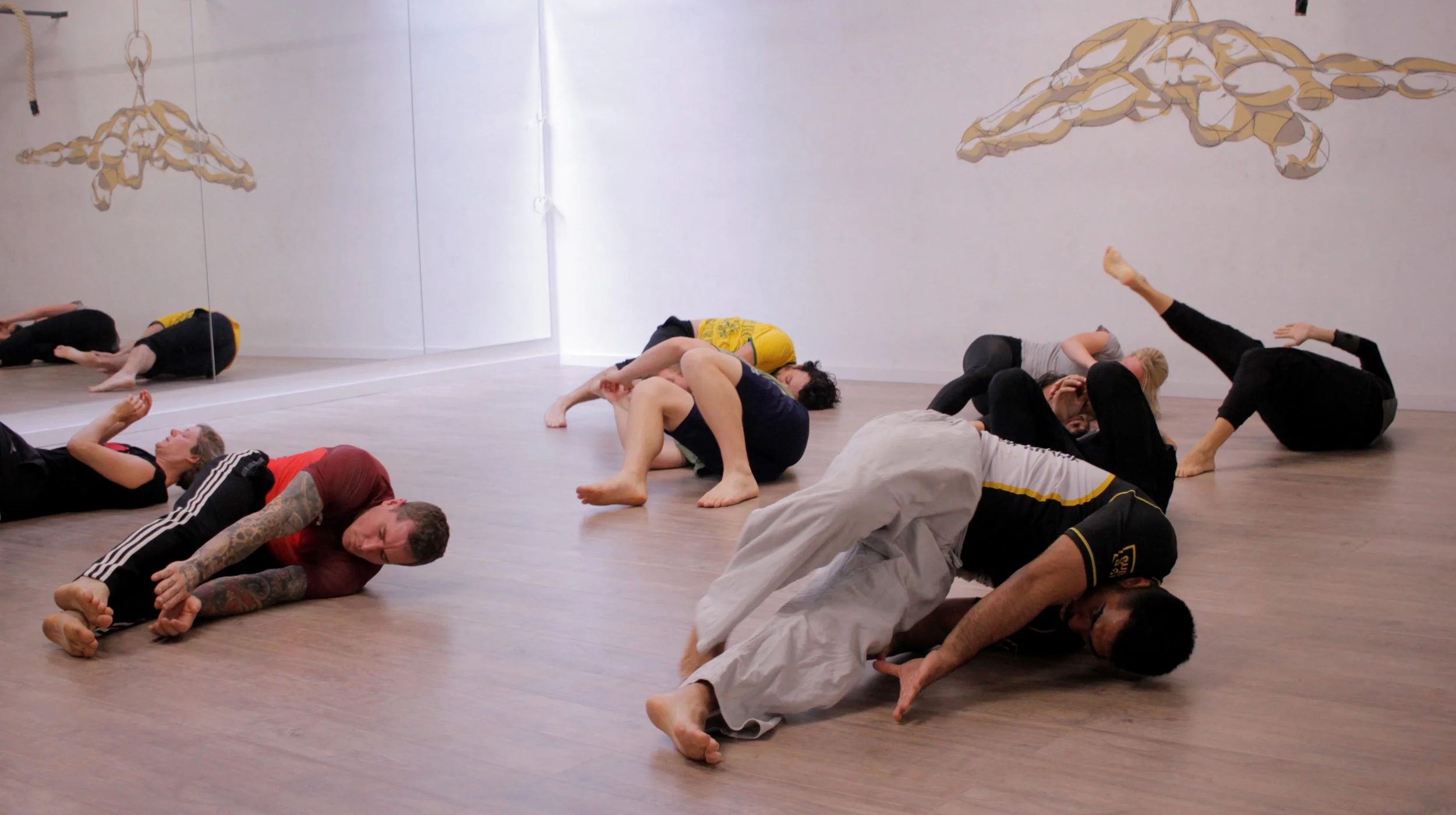For a very long time it has been thought that complex physical skills cannot be developed once past a certain age or without the requisite talent. This belief still restricts people in the choice of their physical practice and it would be a great relief for me personally if the fact that this information is wrong reached as many people as possible.
Let's start with talent. Imagine you are a kid, you see a gymnastics/dance/circus performance and get infected by it. You rush to your parents to take you to the school of whatever it is you got excited about. Your loving parents take you to this place and the teacher, after evaluating your physicality, makes a verdict that your future in a given discipline is impossible. It is a very common story - ballet schools don't take short and chubby kids (even though it changes after a certain age anyway) and gymnastics facilities won't even look at the kid if they are tall (even though there were tall Olympic medalists in history). There are tears, frustrations, and trauma for the rest of their life that will kill any desire to be involved in any kind of physical practice. Kids are often forced to do whatever it is they are 'fit' for, but not what they are excited about.
It is a big mistake and it makes me really sad that it is still happening, even when there are training regimes that can make an Olympic champion or world class performer from absolutely any child. The problem is that with children that don't have an obvious genetic predisposition, it will take a little bit more time, thought and effort. Who wants that, right?
This leads to the second part of the problem - adults that don’t see themselves as someone who can move well. Even if they make an effort from time to time to go from one conventional gym to another, the lack of any kind of intelligent process of skill acquisition and basic understanding of human movement in most fitness facilities, leaves them reluctant to ever do anything meaningful with their body again. So we are getting a whole segment of the population that believe that their body is destined to feel powerless and clumsy, just because they are "not made for it".
I've got a news flash for you - this information is out of date. There is plenty of evidence that proves it wrong. First of all we now know that if we start absolutely any physical practice at an early age, it will positively affect every aspect of development of the person, including social and cognitive skills. (L. Hestbaek, ST Andersen et al, 2016).
Our brain is plastic. This means it constantly changes according to the permanent ongoing input of external sensory information. For many years it was considered to be only the privilege of younger generations, but now we know that it happens through our whole lifespan to a great extent, especially if we are surrounded by an environment enriched by a variety of stimuli (Diamond et al., 1971). The capacity of the brain to change itself is indeed significantly higher at an early age, so during the first stages of development, a child’s learning of motor skills is superior to that of older humans. That is why it is so important to make sure children are exposed to all kinds of different stimuli. But there is still hope left for us all.
Neuroplasticity is an amazing thing. Our body is sheathed by a net of cells that are constantly receiving sensory input from our environment. The signals are transformed into information that gives some kind of output in return. Sounds kind of simple but it is an extremely complex system that gives us the amazing features that distinguish our species, like memorizing all kinds of data, recognizing familiar faces, making sense out of things, creating art, singing, learning languages, understanding directions, building relationships with other people, etc etc etc. This process controls absolutely everything in our existence without us even noticing it. One of the most handy traits of our brain's plasticity is that it allows for the acquisition and retention of immense amounts of motor skills. By motor skills we are referring to finely coordinated muscle movements. This is proven to be subject to change at any age in vast majority of healthy humans. (Malkasian and Diamond, 1971)
Any complex skill can be seen as a general form that can be broken into the smaller units. Skills are represented in our central nervous system as a certain neurological pattern. These connections must be created and then reinforced by repetition of the desired action (Classen et al., 1998; Verstynen and Sabes, 2011). The first phase of learning is usually called the fast learning phase - when a person can see rapid improvement over the first few sessions. Usually we will observe a change in overall muscle coordination. Depending on the background and physical state of the individual the significance of this change may vary, although the base for learning the skill is laid down at this phase. The next phase of learning will be a slow, steady phase that involves smaller gains over a course of time. This is when proper dissection of the given skill is important, because for most adults that are looking to learn new complex motor skills this will be the crucial phase. The same feature of neuroplasticity that makes this changes possible also leads to creating the habits that are hard to break (I like to use the analogy of the skiing slope that has just opened vs. the one that has been used many times already - when you go on a used slope you always slip into the same pathway and it is hard to get away from it, versus fresh snow where you can build any kind of pathway that you like). It means you have to make sure that the quality of pathways you are creating is correct from the beginning. Proper and accurate breaking down of a given movement plays a decisive role in creating a solid skill foundation.
In addition to the fast and slow division, the learning process can be divided into following stages:
1. Encoding
2. Consolidation
3. Retention and recall.
Encoding occurs during training sessions, it overlaps with the fast learning stage. This is when the experience is converted to an actual construct in the brain. So far it is a sloppy, not very well managed pathway that involves too much unnecessary signaling. It is not as precise as we want it to be thus there is no control over it. We use too many sources on all sides that do not need to be involved, but this is just the beginning. At this stage we create a shape to work with.
Consolidation is an intermediate phase between fast and slow learning. This is the process of creating neurological routes that will involve only the neuronal cells needed for this particular skill that will lead to activating and coordinating only the muscles that we need to be engaged in the movement. It happens in between training sessions, when the brain is processing and organizing the information received - that is one of the reasons why good sleep is so important.
The last stage, retention, occurs simultaneously with the slow learning phase. This is when learned skills sink in, form solid pathways in the brain and commit themselves to muscle memory which means they are accessible at any time. Depending on background this phase can take up to several years for some adults, depending on what exactly is being learned. After this phase is achieved with one skill we can move forward to the next one in order to expand our movement library. Also, the more your brain is trained to learn new stuff the easier all the subsequent learning occurs. Eventually an intelligent process should lead us to creating patterns that will become more and more diverse and will facilitate the acquisition of new ones. This is what is usually called "talent".
This is a rough scheme of skill acquisition from a standpoint of plastic changes in the brain that is aimed to show you that regardless of age and background anything can be achieved, depending on how much time and effort you are willing to put in. Of course there might be certain limitations for some individuals, but in a larger perspective, there is no reason not to start learning boxing, dance, acrobatics or whatever it is you are attracted to at absolutely any age. And if this is something you always wanted to do, nothing will make you happier, I promise.




